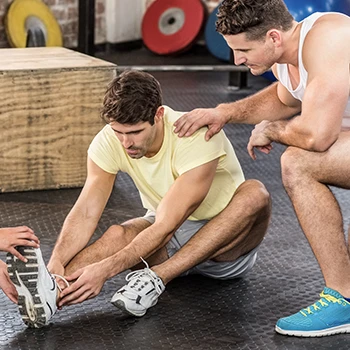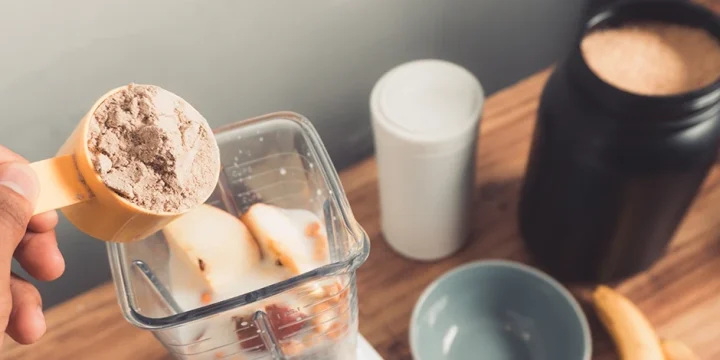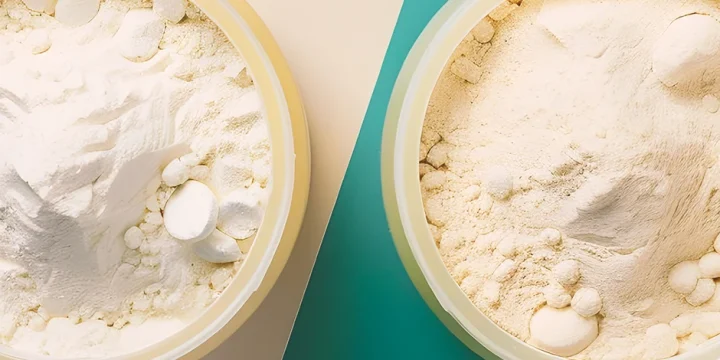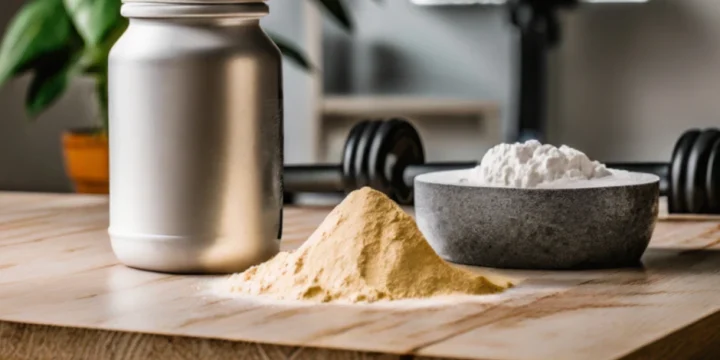In my professional experience, I've observed that pre-workout supplements can evoke a sense of well-being, much like an occasional alcoholic drink might.
However, the similarity ends there, as the physiological impacts on the body are vastly different, and combining these two can be disastrous to your health and fitness goals.
To make the risks and dangers involved as clear as possible to my readers and patients, I booked a few sessions with my colleague, a resident dietitian, and sifted through the research I could find on the subject.
In this article, I outline the truths behind this, so read on.
Quick Summary
- Mixing pre-workout supplements with alcohol can negate the benefits of the supplements and lead to adverse health effects.
- Alcohol consumption prior to exercise can impair muscle coordination and increase the risk of dehydration and injury.
- Research in the Alcohol and Alcoholism Journal shows that alcohol impairs muscle contraction and glucose production during long runs of up to 3 hours and affects exercise performance for up to 24 hours.
- I believe that for the sake of health and optimal fitness results, alcohol should be strictly avoided when following a pre-workout regimen.
Will Alcohol Ruin Your Pre-Workout?

Yes, mixing alcohol with your pre-workout can hinder its effectiveness, as alcohol and caffeine have opposing effects and your body prioritizes processing alcohol over other metabolic processes. The combo of caffeine from the pre-workout and alcohol can mess with your body.
Your system has to break down both caffeine and alcohol, which it doesn't naturally produce.
Alcohol, a depressant, and caffeine, a stimulant, have opposite effects. From my experience as a pathologist and literature in Clinical Liver Disease [1], I've seen alcohol processed as a priority toxin, sidelining other metabolic processes.
Throwing in a tasty pre-workout supplement into the picture changes things. Since your body tackles alcohol first, it slows down the impact of the pre-workout.
Basically, the energy spent handling the alcohol means you won't get the full kick from your pre-workout.
“Alcohol slows down your reflexes and impairs your balance and hand-eye coordination. If you work out after drinking, your workout will not be fruitful, and since liquor is a diuretic, it may also lead to dehydration.”
- Dr. Debra Brooks MD Northwell-GoHealth Urgent Care
Plus, alcohol hampers nutrient absorption, reducing the effectiveness of pre-workout supplements by messing with your digestive system's ability to process these nutrients.
Posts you may like:
What Are the Side-Effects of Mixing Them?

Increase Risk of Injuries

Alcohol is a depressant; it slows down your strength, endurance, reaction time, and aerobic capacity [2]. Taking it before exercising leads to a suboptimal and potentially hazardous workout.
Also, consuming alcohol could damage tissues, hinder the repair of muscles and bone fractures, and increase the risk of injuring yourself when working out, as per PubMed [3].
Potential Liver Damage
As a pathologist, I've studied the effects of various substances on the liver. Beta-alanine is beneficial for combating muscle fatigue, but when mixed with alcohol, the risk of liver damage escalates, a fact supported by research.
According to a 2001 article published in the Alcohol and Alcoholism journal, beta-alanine depletes taurine (which is known to protect the liver), leading to an increased risk of fatty liver disease [4].
Dehydration
The dangerous combination of drinking alcohol and pre-workouts can dehydrate you in the middle of a workout and increase your risk of injury.
Caffeine and alcohol are both diuretics, which means they hasten water loss in the human body via urination and diarrhea in extreme cases [5].
Per a study from the Brain Research Bulletin journal, this fluid loss can also affect the body's ability to regulate temperature, which can decrease work tolerance at both high and low ambient temperatures [6].
What To Do if You Drank Some Before Working Out?

If you've consumed alcohol before working out, it's advisable to wait until it's fully metabolized before engaging in any exercise to ensure your safety and optimize your workout performance.
When tipsy, avoid intense workouts. Stick to light activities like walking, yoga, or stretching. High-intensity or endurance exercises are a no-go. If you're drunk, skip the gym for at least 24 hours.
Exercising with alcohol in your system can:
- Impair muscle contractions by messing with muscle cell calcium (Alcohol and Alcoholism Journal) [7].
- Halt muscle protein synthesis, key for muscle repair and growth (Cell Communication and Signaling Journal) [8].
- Disrupt glucose production, impacting workout performance and recovery (1977 study, Alcohol and Alcoholism journal) [9].
If you're hungover after a day, some light cardio might help, but remember, your body needs to recover first.
FAQs
Will Consuming Alcohol Negatively Affect My Fitness Goals?
Yes, irresponsibly consuming alcohol will negatively affect your fitness goals. Since alcohol tolerance depends on various factors, seek professional medical advice about how much you should consume.
How Long After a Workout Can I Drink Alcohol?
If you're an average, healthy adult, you can drink alcohol at least one hour after finishing your workout. Keep in mind that this is the bare minimum. It’s better to wait a little longer, just to be safe.
Will Alcohol Affect My Gym Gains?
Yes, alcohol will affect your gym gains. Consuming alcohol before working out can increase your risk of injury and potentially dehydrate you, thereby affecting your gains.
References:
- https://www.ncbi.nlm.nih.gov/pmc/articles/PMC3484320/
- https://www.ncbi.nlm.nih.gov/pmc/articles/PMC3257708/
- https://pubmed.ncbi.nlm.nih.gov/21118273/
- https://pubmed.ncbi.nlm.nih.gov/11139413/
- https://www.medicalnewstoday.com/articles/does-alcohol-dehydrate-you
- https://pubmed.ncbi.nlm.nih.gov/6974036/
- https://pubmed.ncbi.nlm.nih.gov/10787387/
- https://biosignaling.biomedcentral.com/articles/10.1186/s12964-015-0091-0
- https://academic.oup.com/alcalc/article-abstract/12/3/120/133387
About The Author
You May Also Like






